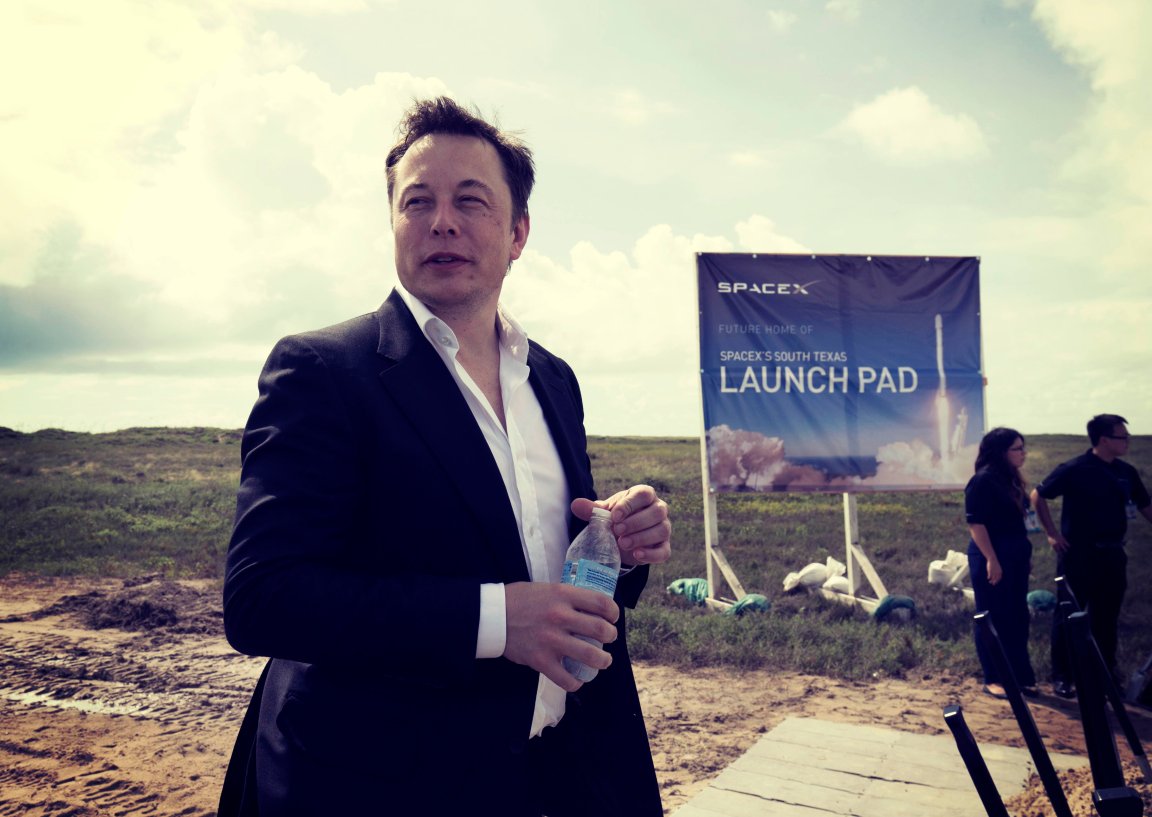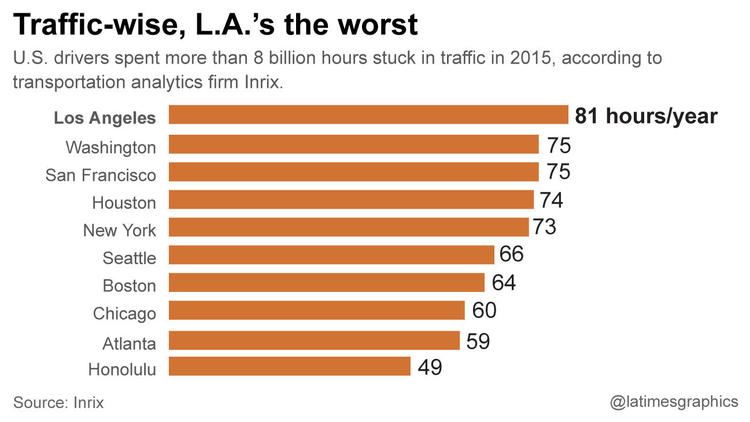
Ya’ Dig?
When Elon Musk said he will bore through traffic, he meant it. The Tesla and SpaceX founder and CEO is serious about digging a tunnel into and through Los Angeles, and he has completed a boring test drive, so to speak, at the SpaceX headquarters in LA. Workers dug a “test trench” 30 feet wide, 50 feet long, and 15 feet deep this past weekend, which Musk called the beginning of an experiment.
Musk’s boring project began with a couple of tweets complaining about traffic in L.A. Now, it looks like the project is as concretely real as Tesla cars or SpaceX rockets, with work expected to begin sometime next month. His vision: to make human beings an inter-tunnel species.
“You have tall buildings, they’re all 3D, and then everyone wants to go into the building and leave the building at a same time,” he said Sunday, speaking at a Hyperloop design competition at SpaceX.. “On a 2D road network, that obviously doesn’t work, so you have to go 3D either up or down. And I think probably down.”
The Art of Digging
With the progression of Musk’s plans come improvements of tunnel-building technology. “We’re just going to figure out what it takes to improve tunneling speed by, I think, somewhere between 500 and 1,000 percent,” he said Sunday. “We have no idea what we’re doing—I want to be clear about that.” Just as Musk improved electric cars and reusable rockets, he wants to improve the way that we build tunnels. Speaking to Wired, Musk said, “better tunneling tech improves everything: road, subway, Hyperloop.”
Since Los Angeles is the most congested city in the U.S., surely they might appreciate, or at least be open to, Musk’s solution. Of course, however, there will be many legal, logistical, and even environmental hurdles to overcome before the digging will begin underneath L.A.

The obstacles between this idea and the reality of a tunnel system in L.A. can’t be helped. However, “Roads are basically the only infrastructure we have that we experience daily shortages of,” according to urban planning student Michael Manville at the University of California, Los Angeles. And so, while there will be a lot of work to set this plan in motion, it could revolutionize transportation.